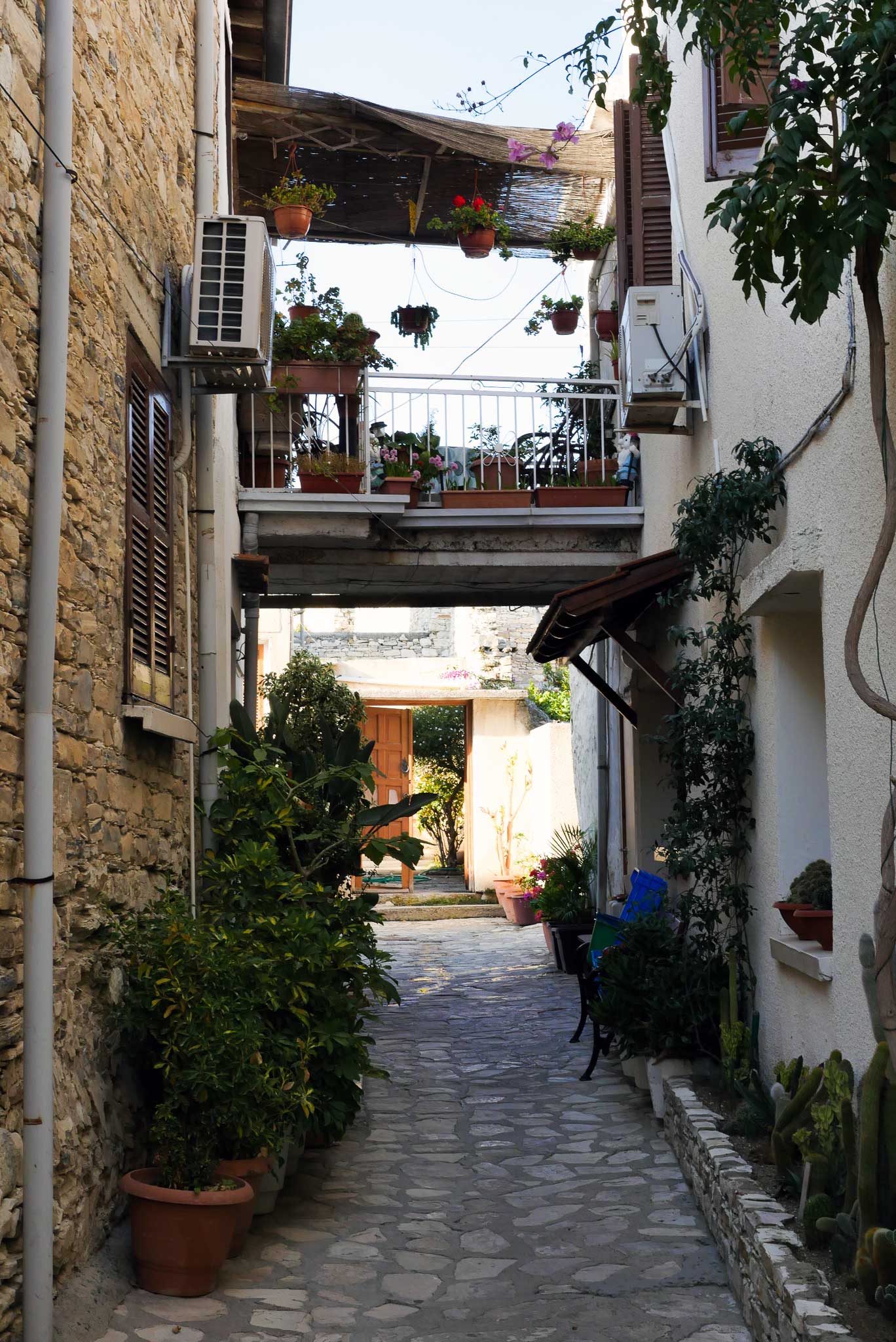Lefkara – the village of embroidery and silverware
26 Aug 2017
The mountainous village of Lefkara, known for its embroidery and its silverware, is Located in the Larnaca district, at the foot of the Troodos Mountains 650m above sea level. It is divided into Pano Lefkara and Kato Lefkara, meaning higher and lower Lefkara.
The name of this village comes from the white colour of the limestone in the surrounding mountains. The crafts of lace and silver have been practiced in the village since Venetian times, and visitors can learn all about them, watch them being made at the Lefkara Handicraft Centre, the Museum of Traditional Embroidery and Silversmithing, and various workshops.
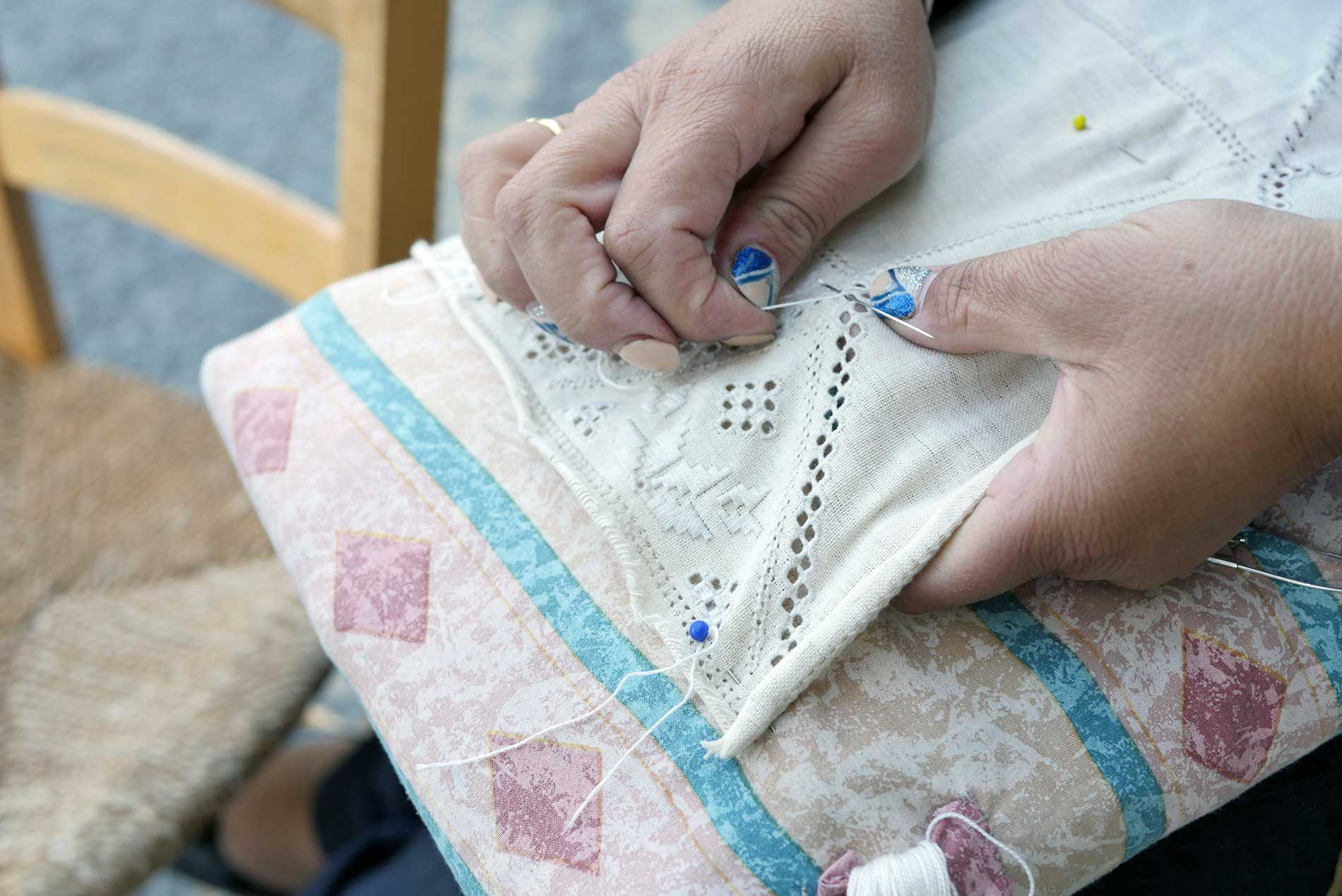
Legend even has it that Leonardo da Vinci even visited the village in 1481 and bought a lace altar cloth, which he donated to Milan cathedral.
After the British Rule on the island (1878) Lefkara became a municipality (1883). The prosperity on the island during the beginning of the 20th century is due to the trade of the local embroidery, which were sold in all of Europe by Lefkarites embroidery merchants. However, after World War 2 and the interruption of sales in Europe, the embroidery trade suffered a blow. During the following years after the independence of Cyprus (1960), the development of tourism begins to increase in the village based on the local embroidery as well as the unique architecture of the village with its traditional stone built houses, built on the road with their gardens to the inside. The use of the characteristic local stone is sustained in most new buildings as well.
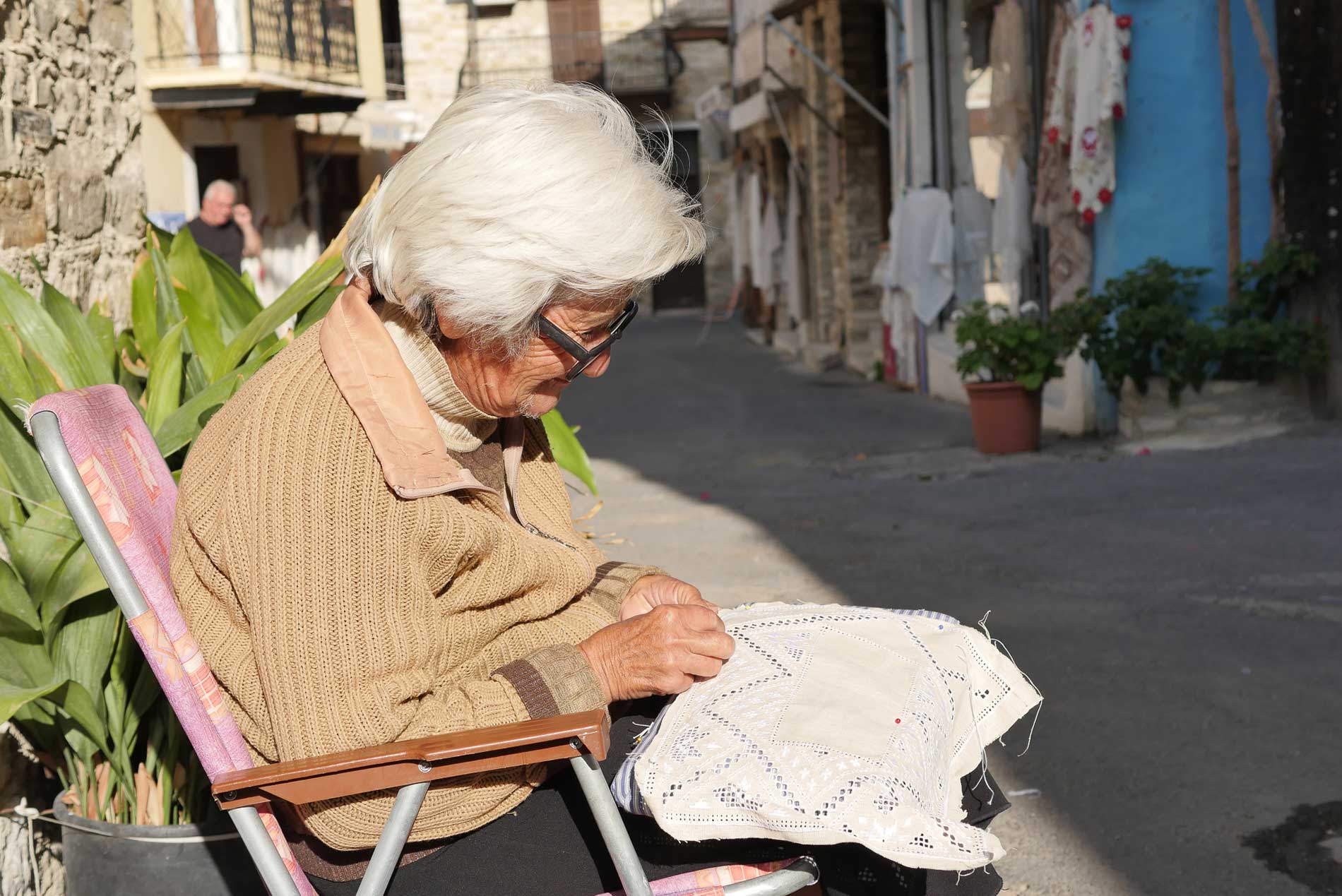
The character of the village is very picturesque with its narrow, winding streets and traditional architecture of old, terracotta-roofed houses.
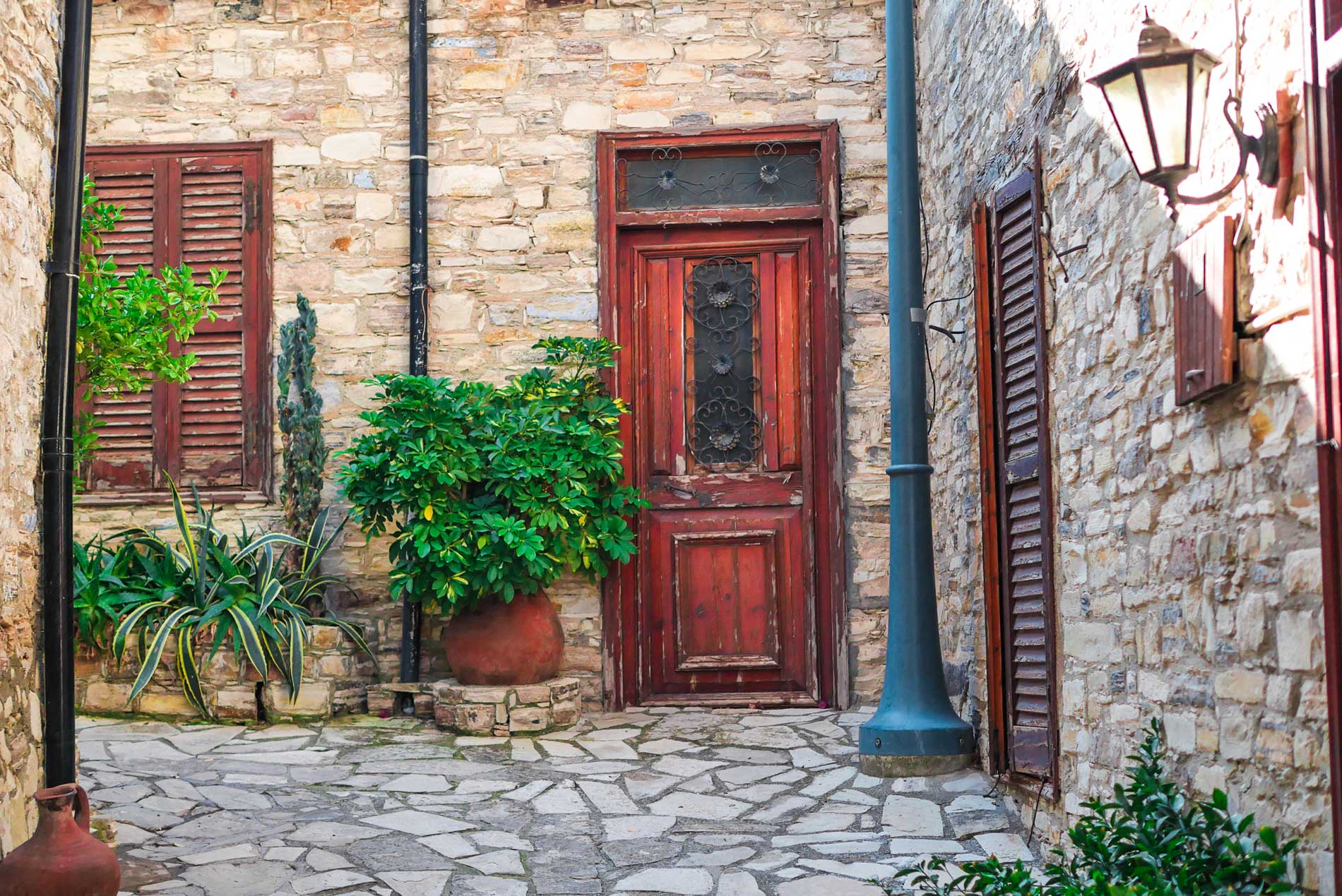
Among its interesting sites are the Folklore Museum, the old fountain and the old olive mill. The village also has beautiful and ancient chapels, including the church of Timios Stavros (Holy Cross), and the chapel of Archangelos Michail in Kato Lefkara, with frescoes that date from the 12th and 15th centuries.
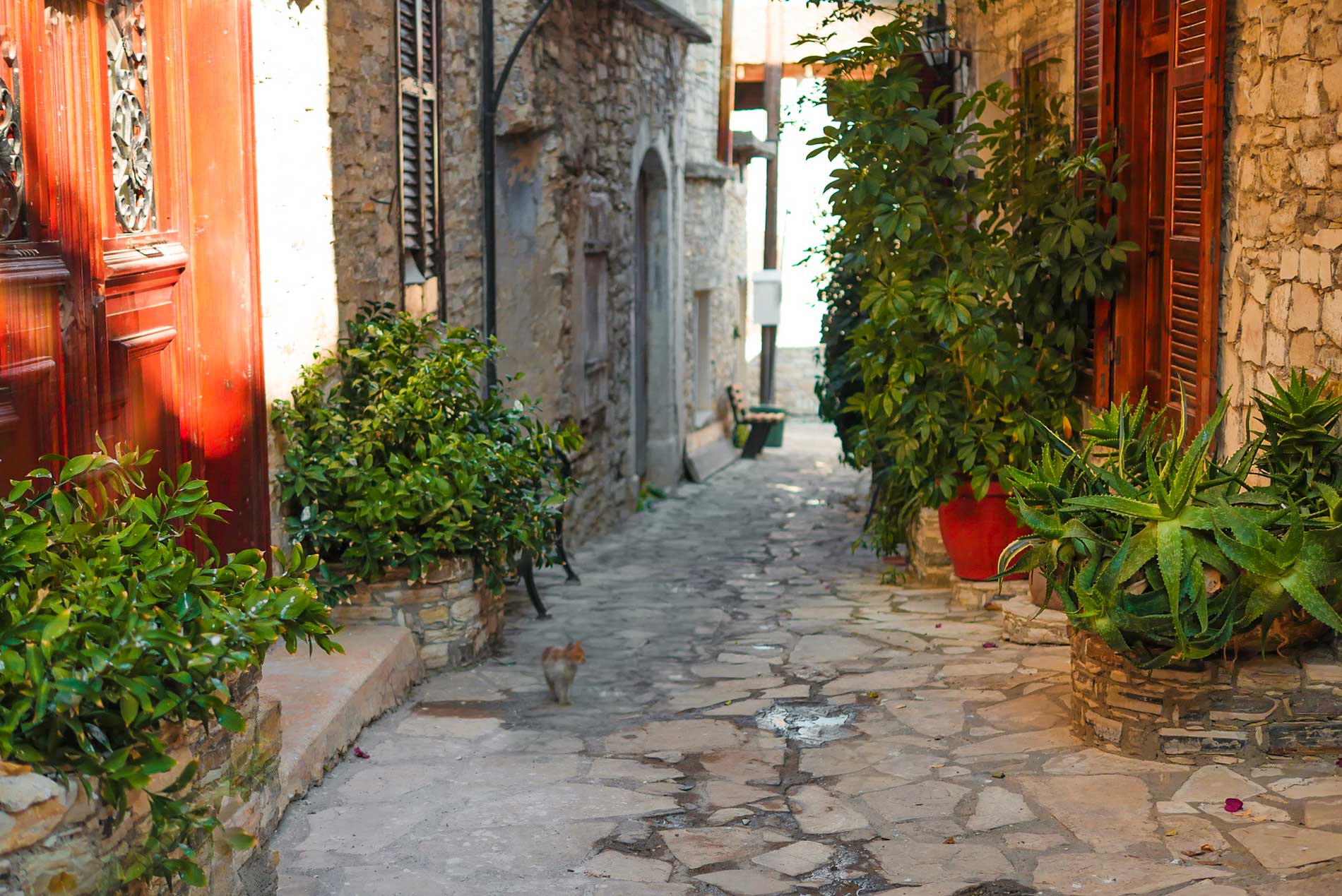
The popular annual Lefkara Festival takes place each August, and includes a programme of music, dance, theatre and handicraft exhibitions, with visitors warmly welcomed.
